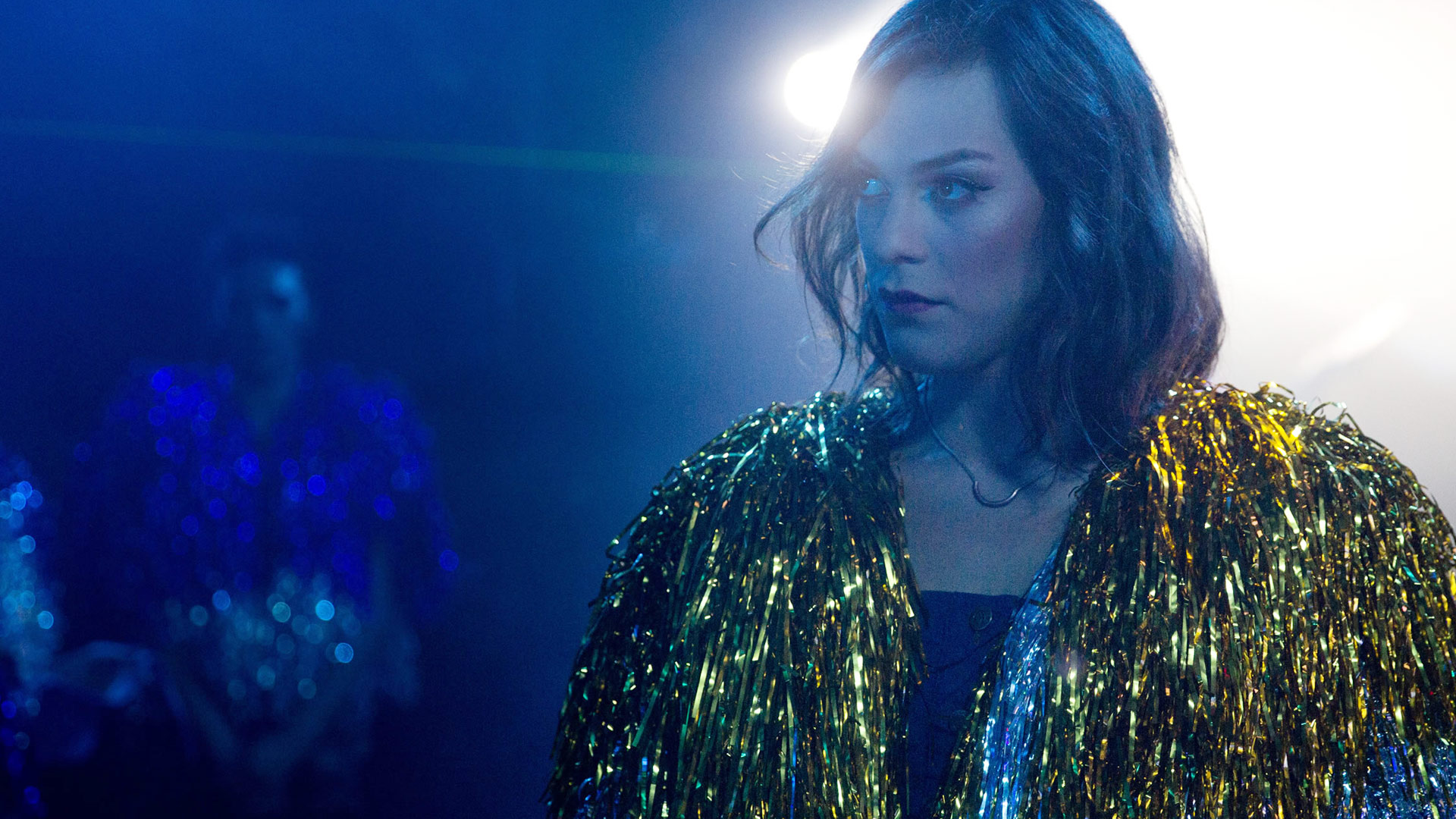The merits of Sebastian Lelio’s A Fantastic Woman are primarily a deeply human performance from revelatory star Daniela Vega and a well-observed portrait of quiet dignity in the face of an unforgiving world.
It is a movie, in its own way, as much about identity as Lelio’s celebrated 2013 late-life liberation paen Gloria, but one that measures its heroine’s personal emancipation not in sweeping life changes, but simply the desire to live without interference. And that’s a tall order here.
Vega, a Chilean trans actress whose work here is on par with this year’s Oscar nominees, creates a wholly original character in waitress and lounge singer Marina, whom we first meet delivering a vibrant salsa number while her life partner, Santiago industrialist businessman Orlando (Francisco Reyes), looks on with love.
While Orlando is approaching sixty and Marina is much younger, it is immediately clear that theirs is a simpatico union. They are also making significant future life plans and in a few short scenes—a birthday dinner, a dance, a passionate kiss in their shared high-rise apartment—Lelio establishes a believable warmth and intimacy.
But bliss is quickly replaced by tragedy when Orlando awakens in the night, disoriented, falling down the stairs and sustaining bruises before dying of a fatal brain aneurism.
As a trans woman, Marina becomes an article of harassment and suspicion for both investigators and doctors, subjected to impromptu interrogations at work and humiliating, coerced medical examinations where she is strip searched and photographed nude.
Marina is also given no time, nor permission, to grieve. Orlando’s family, who refuse to acknowledge either Marina’s gender or validate the seriousness of her relationship with the deceased, have her promptly booted from her home and forbid her to attend his funeral.
There is no comfort, and despite a modicum of compassion from Orlando’s aged brother (Luis Gnecco), no allies. Even a female detective first appearing to be on her side reveals herself callously manipulative.
The persecutions pile up, including coldly judgmental and dismissive familial interactions with Orlando’s ex-wife, well played by Chilean actress Aline Kuppenhein, firing off the barbed, passive-aggressive dismissal, “when I look at you, I don’t know what I’m seeing.” There is also a cretinous, threatening adult son (Nicolás Saavedra) and the constant threat of physical violence.
Lelio’s screenplay places Marina in a defensive position for much of its running time. These are high stakes, and Marina’s subtle agency in dealing with them feels, at times, frustratingly passive, at least dramatically.
As such, the picture can sometimes feel restrained. We keep waiting for Marina to forcefully protest, fight back or just summon the inner fire to fight back against this pile-up of injustices. But from a lifetime of probably fighting, she likely knows what we don’t—and that’s the futility of trying to change minds.
What is ultimately so fantastic about this woman is her bravery in the pursuit of normalcy, a day-to-day struggle to just blend in and live life—wait tables, sing in band, love and be recognized for who she is.
And if there is anything in the film that does not quite work it may be that the circumstances of the plot don’t give Marina a moment to breathe, or to live that private life she so values. What we can see that what she wants is simplicity and respect—to work, to live, to love—but the reality of constant whispers and overall distrust is ever present.
A Fantastic Woman largely sidesteps the flamboyance one might expect from an American picture on the topic, except for a fantasy dance number that suggests a magical departure from reality and offers a clue of how Marina may see herself; whether her world will allow to express this is another matter. The terrific cinematography, lensed by Benjamín Echazarreta, finds myriad ways for Marina to catch herself in reflection, never more powerful than a brief scene with distorted mirror being carried across a busy city street offers a multitude of versions.
The quiet dignity of Vega’s performance carries the day—she’s a fantastic woman all right, but her movie is merely good.
3 stars.



